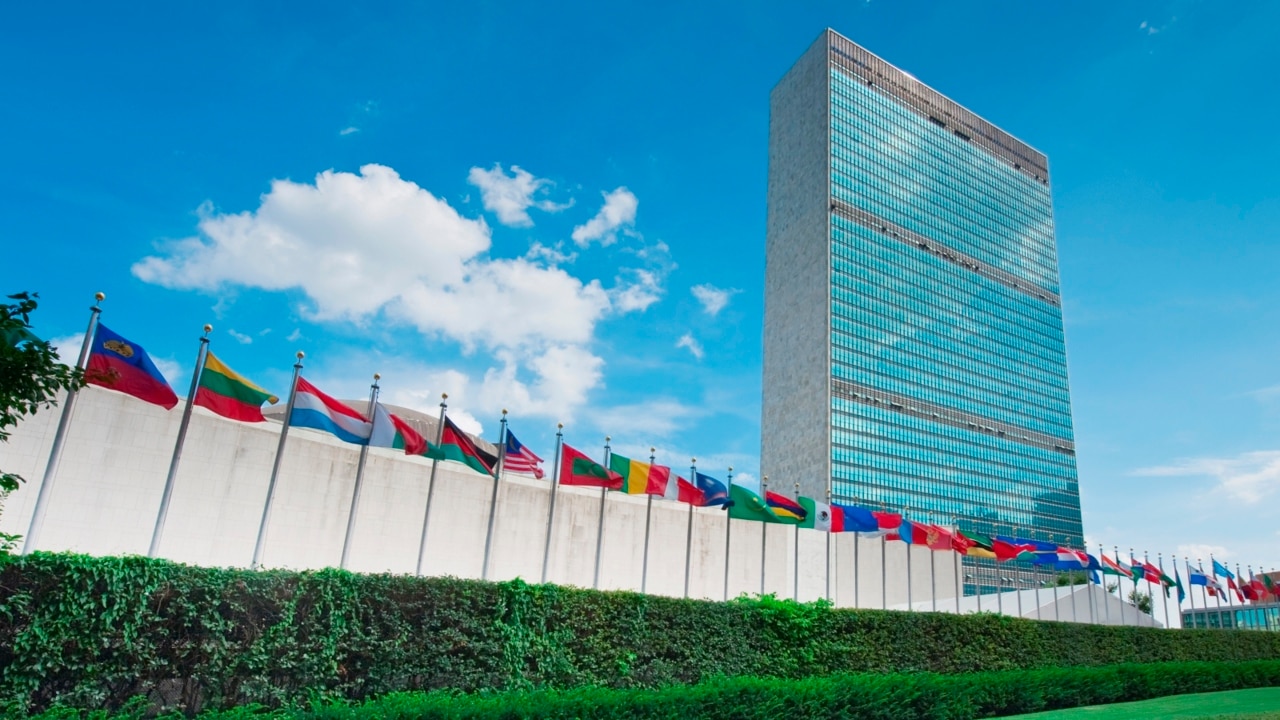Beware of bottomless funding pit of UN Green Climate Fund

Energy Minister Chris Bowen announced the bid on Saturday, promising to market Australia as a “renewable energy powerhouse”.
The cost and benefits of hosting the event, including any long-term consequences for energy policy in Australia, need to be analysed and set out clearly for taxpayers.
The Business Council has been quick to jump on board, identifying the opportunity to showcase “the innovation, investment and ingenuity’’ of Australian businesses in cutting carbon.

One heavy impost the government should resist is rejoining the UN-backed Green Climate Fund. It is considering doing so, as we reported on Saturday. It might also pour money into a new climate insurance trust, after US President Joe Biden called for wealthier nations to renew their commitment to helping poor nations cope with the effects of climate change.
In putting up its hand to host COP31 in 2026, the Albanese government will come under international pressure to bolster its green credentials on the world stage by increasing Australia’s contributions to developing nations’ climate costs.
Australia was a signatory to establishing the GCF at the 2009 climate summit in Copenhagen. The nation contributed $200m to the fund between 2015 and 2018, before Scott Morrison ended Australia’s involvement in favour of bilateral, direct climate assistance to Pacific nations.

DFAT reports show Australia is working with countries in the Indo-Pacific to support the use of renewable technologies and to improve energy efficiency. Targeting Australia’s contribution to assisting our Pacific neighbours, and retaining a measure of influence on how the funds are spent, makes more sense than tipping into a global fund, based in Korea, controlled by an international board.
While the GCF was founded to mitigate the impact of climate change, much of the debate in Egypt is expected to centre on whether the funds provided to developing nations should be loans or direct donations. The latter would make the fund essentially a mechanism for global wealth redistribution. The cost to taxpayers of rejoining could potentially be enormous. Before Australia withdrew from the GCF, it was called on to commit another $400m to the fund, double previous contributions.



As Australians watch the UN Climate Change conference in Egypt unfold over the next fortnight, they can decide for themselves whether the Albanese government is prudent to bid to host the 2026 event, in partnership with Pacific nations.